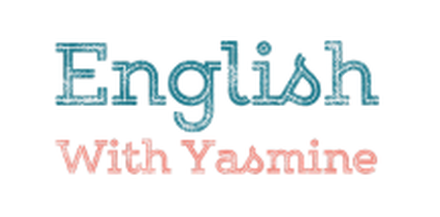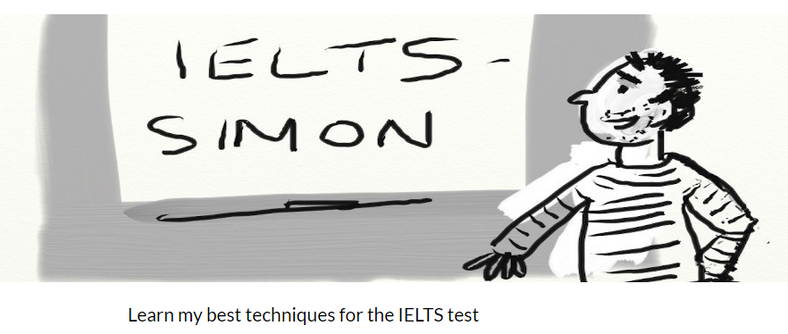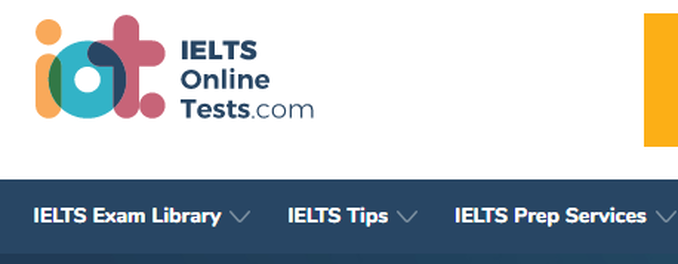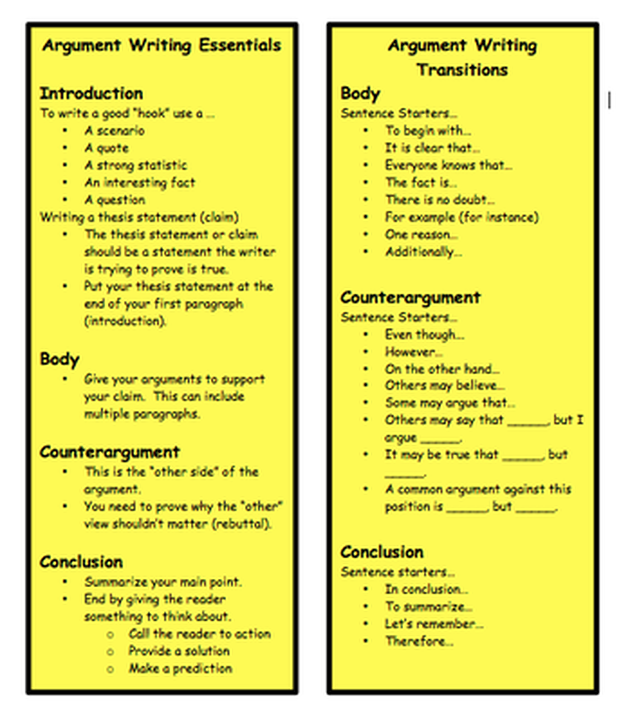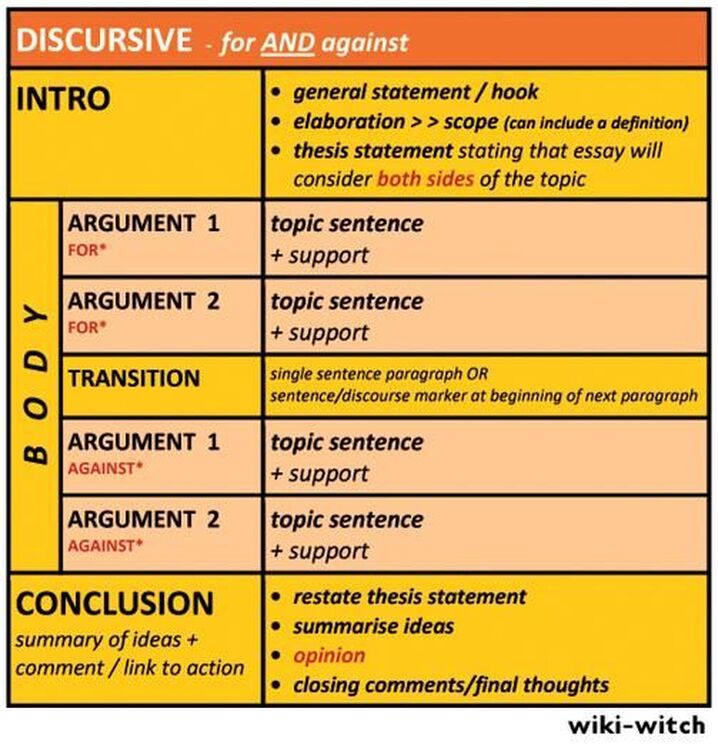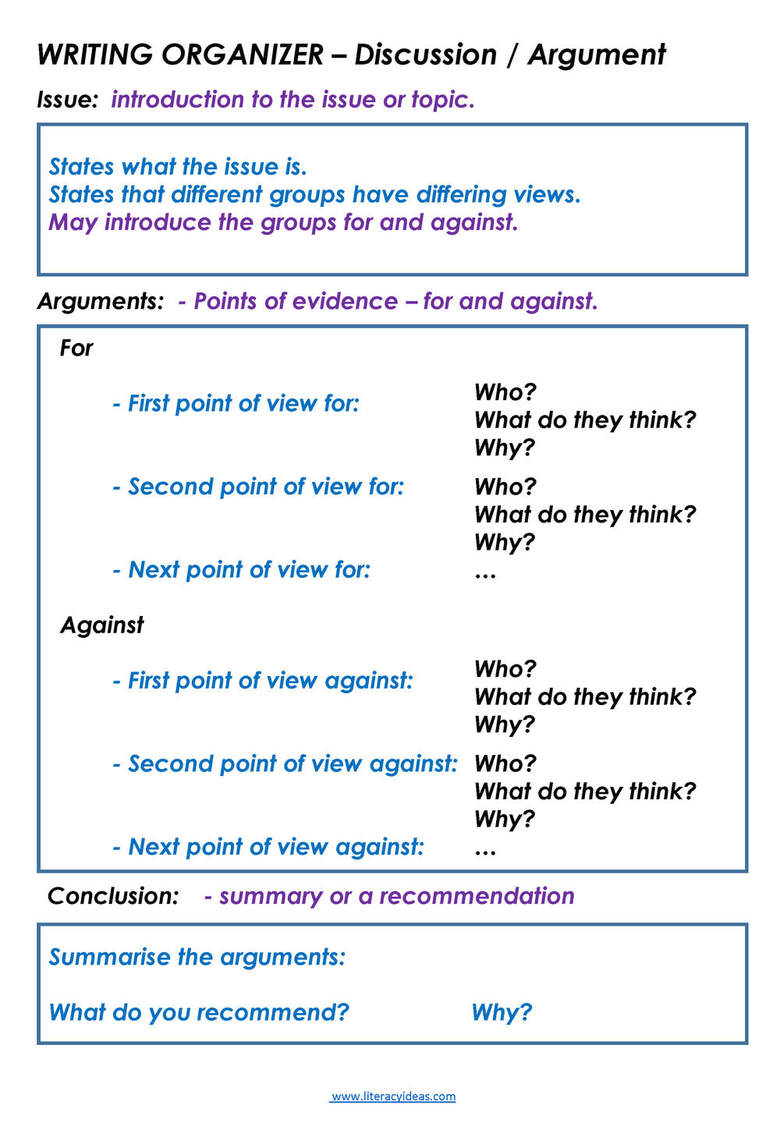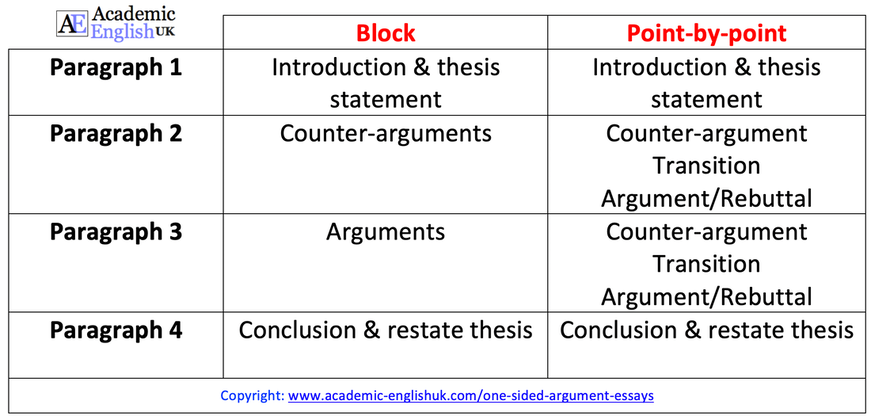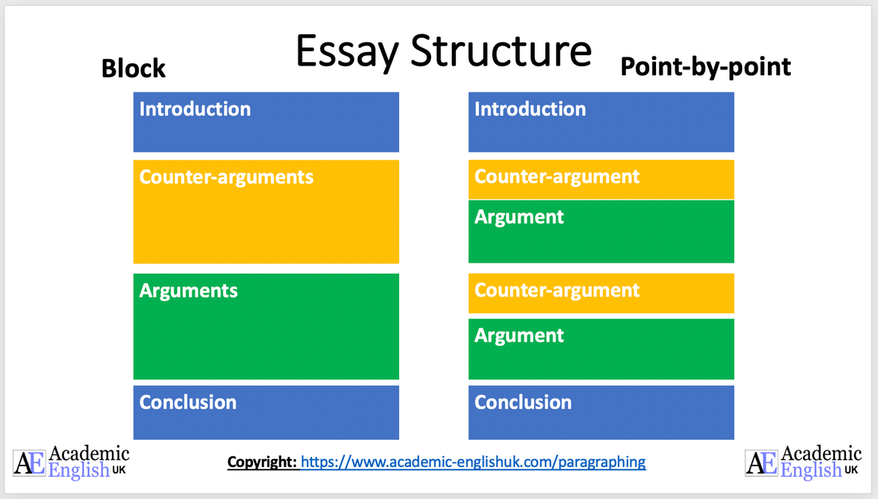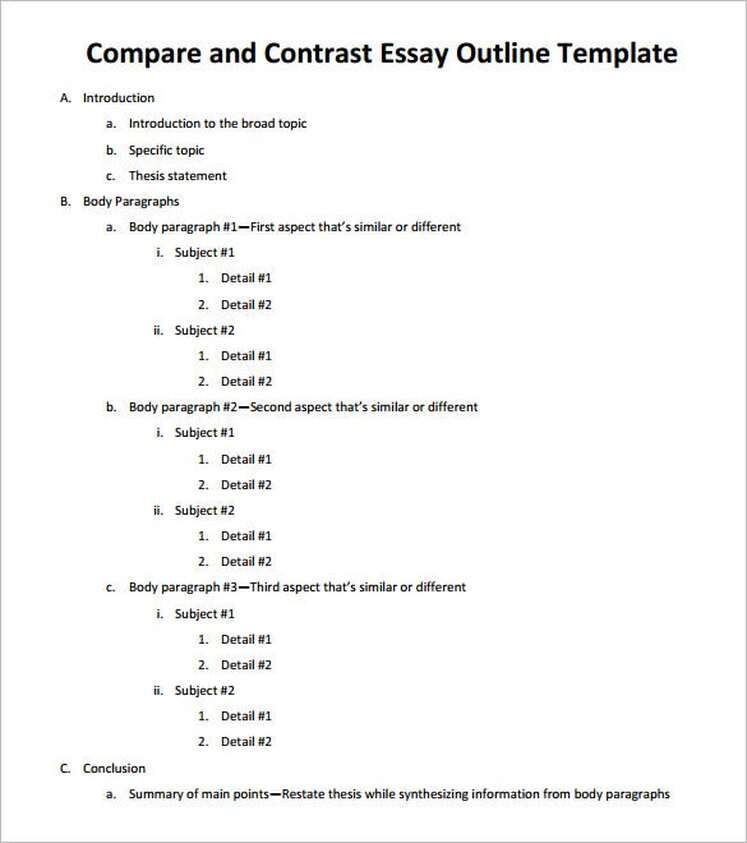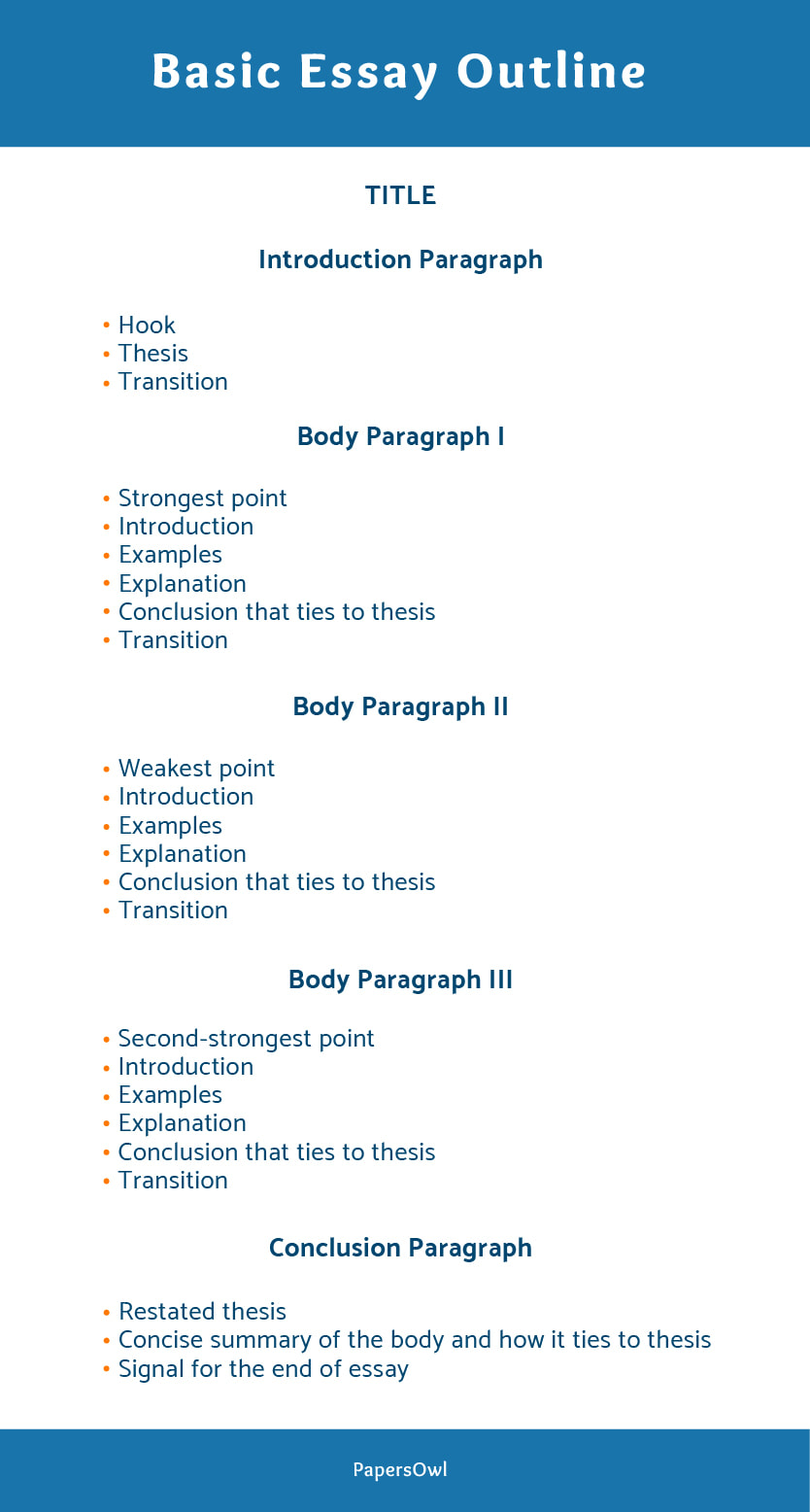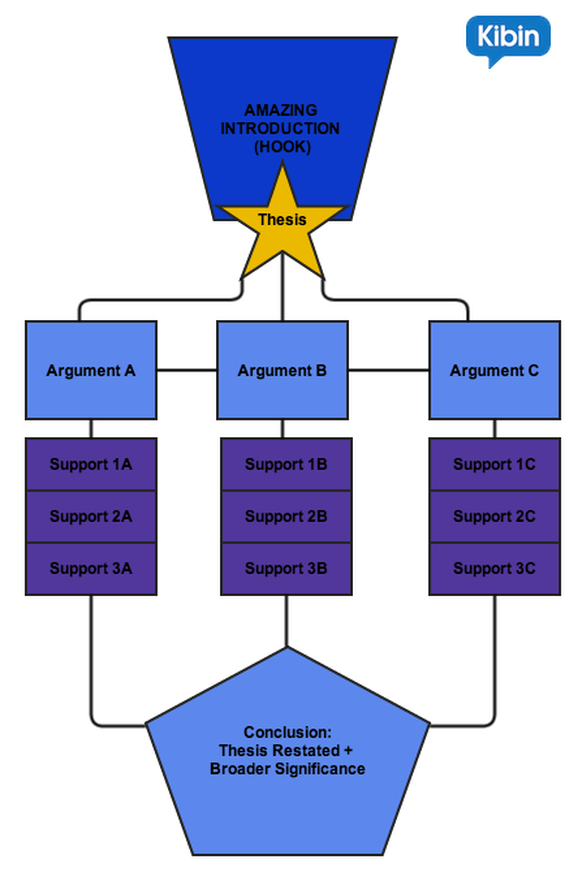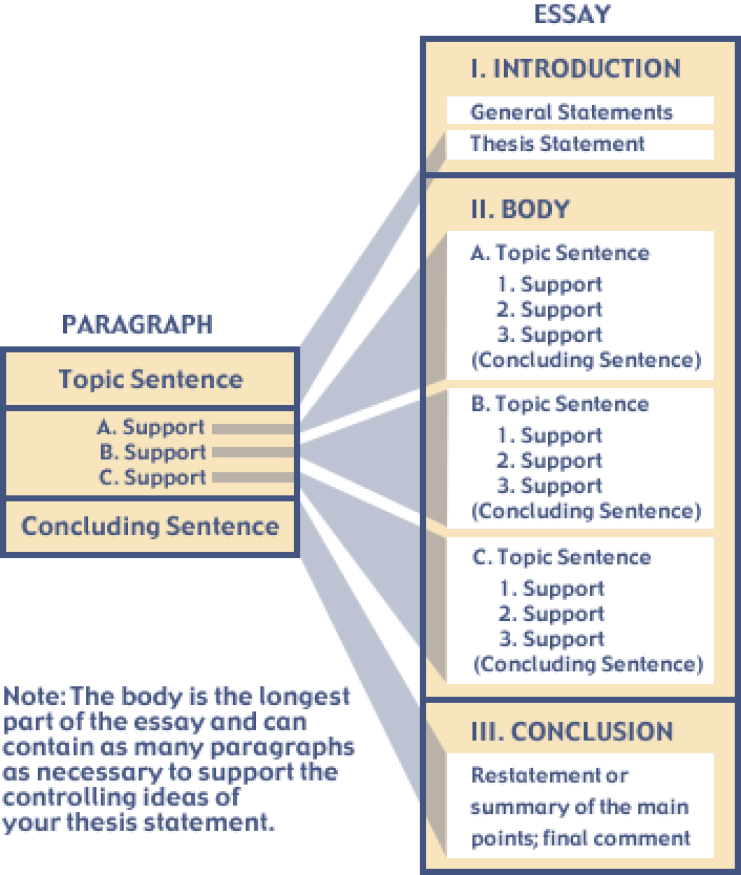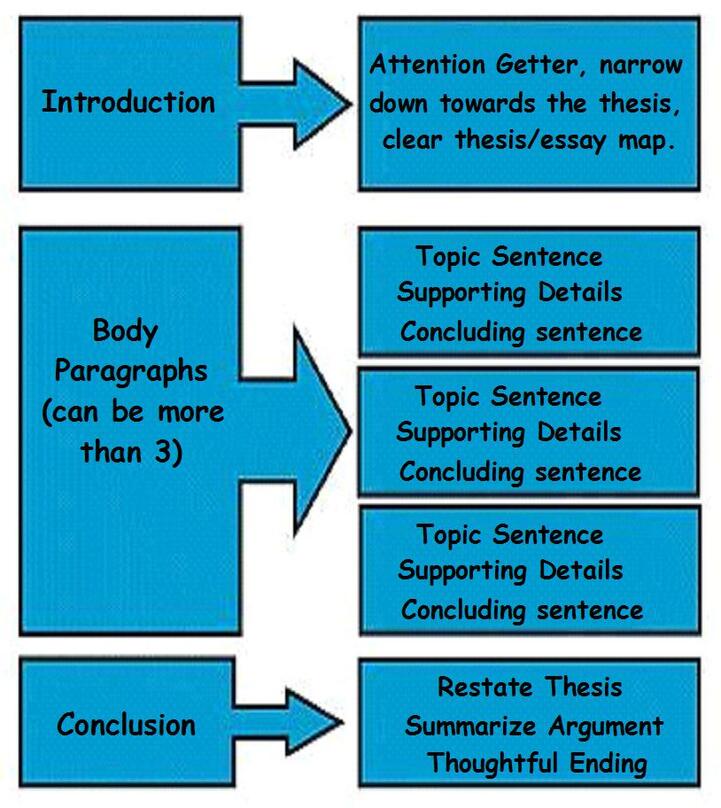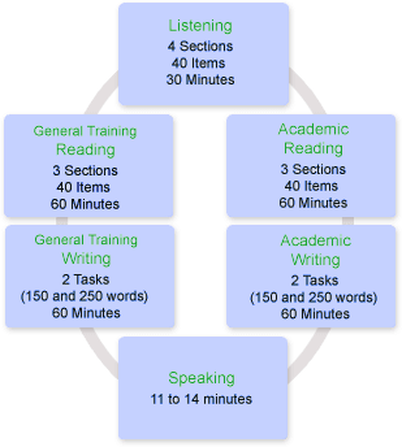
I have taught many hours of IELTS classes. In fact, while living and teaching in Dubai, UAE for 7 years, it really was one of my favorite classes.
To do well in IELTS you need to:
In-person classes are normally 40-50 hours of classroom instruction; but times have changed. You can now study online with some really amazing presenters. I will list some of my choices below.
To do well in IELTS you need to:
- speak and write confidently, fluently, and accurately on a wide range of topics.
- understand information quickly and accurately in different types of reading and listening texts on a wide range of topics.
- have confident control of a wide range of grammar and vocabulary.
- read and listen to as much as English as you can in your spare time.
- take the opportunity to speak with and write to English speakers whenever possible.
- keep your own vocabulary records and continue to build your vocabulary both inside and outside the course.
- pay attention to your own grammar and pronunciation: accuracy is important.
In-person classes are normally 40-50 hours of classroom instruction; but times have changed. You can now study online with some really amazing presenters. I will list some of my choices below.
Links for studying for IELTS
1. Cambly's speaking test practice
Cambly is a great place to practice for the speaking portion of the IELTS exam. Just ask your tutor to bring up a lesson and begin.
2. E2 Language
One of my favorites YOUTUBE channels does live classes right on YouTube. The channel is here: https://www.youtube.com/channel/UCglDIsg_Z9mE2oT9hsrbzFA
The live classes are real and informative, so check them out and subscribe!!
Their website is https://www.e2language.com/Course/IELTS/General, or https://www.e2school.com/.
The live classes are real and informative, so check them out and subscribe!!
Their website is https://www.e2language.com/Course/IELTS/General, or https://www.e2school.com/.
3. ielts-exam.net
An amazing website that will give you outlines, details and even practice tests. I love this website. https://www.ielts-exam.net/.
4. ielts-simon.com
Some things free, some you pay for, but a great resource indeed. Simon is a former evaluator and knows every inch of the IELTS and what you need to get a great score. Check out his daily blog!
http://subscriptions.viddler.com/SimonCorcoran
https://ielts-simon.com/ielts-help-and-english-pr/welcome.html
http://subscriptions.viddler.com/SimonCorcoran
https://ielts-simon.com/ielts-help-and-english-pr/welcome.html
5. IELTS Online Tests.com
Great free resource for practicing for IELTS, including skills development, live classes and full practice tests.
ieltsonlinetests.com/
ieltsonlinetests.com/
IELTS test format and basics
Info below from: https://www.ielts-exam.net/. Check them out for great test resources.
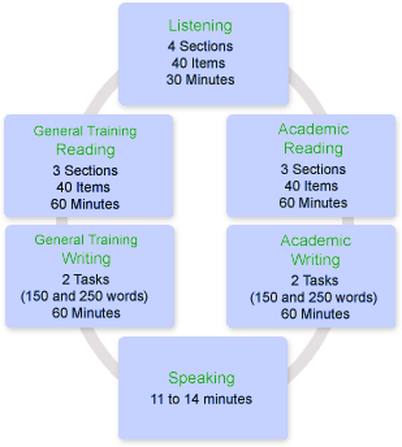
The Test FormatThere are four sub-tests, or modules, to the IELTS test: Reading, Writing, Listening and Speaking. Students must sit all four sub-tests. While all students take the same Listening and Speaking tests, they sit different Reading and Writing tests, depending on whether they have selected the Academic Module or the General Training Module.
On the day of the test, the four subsections will be taken in the following order:
Total Time: 2 hours 45 minutes
The Speaking test may even take place a day or two later at some centres.
IELTS Listening test lasts for about 30 minutes. It consists of four sections, played on cassette tape, in order of increasing difficulty. Each section might be a dialogue or a monologue. The test is played once only, and the questions for each section must be answered while listening, although time is given for students to check their answers.
IELTS Reading test lasts for 60 minutes. Students are given an Academic Reading test, or a General Training Reading test. Both tests consist of three sections, and in both tests the sections are in order of increasing difficulty.
IELTS Writing test also lasts for 60 minutes. Again, students take either an Academic Module, or a General Training Module. Students must perform two writing tasks, which require different styles of writing. There is no choice of question topics.
IELTS Speaking test consists of a one-to-one interview with a specially trained examiner. The interview is recorded and has three separate parts:
An introduction and interview, an individual long turn where the candidate speaks for one or two minutes on a particular topic, and a two-way discussion thematically linked to the individual long turn. This interview will last for approximately 11-14 minutes.
MY Quick tips for taking IELTS (general or academic)
Part 1 Listening:
Part 2 Reading:
Part 3 Writing: Task 1 (General - a letter).
Part 3 Writing: Task 1 (Academic).
Part 3 Writing: Task 2 (Both academic and general.)
Part 4 Speaking:
- Be fully rested for the test.
- Know the question types.
- Take notice to key words with heavy stress or intonation as this usually means that it is important and most likely will be part of the question.
- During the talk portion (the last part of the test) take notes of key words only; do not try to write full sentences. Best practice is to make a list of key words vertically (one per line). The key words will help trigger memory when you get to the question portion of that section.
Part 2 Reading:
- Know your question types.
- Skim the passage for key words in the questions.
- If taking the paper test, circle or underline key words.
- If taking the paper test, make sure you are writing the correct answer on the correct number line.
Part 3 Writing: Task 1 (General - a letter).
- Know the task. Read the prompt twice.
- Know your time limit and word count. 150 words, in 20 minutes.
- Consider your target audience (who the letter is addressed to).
- Always start with an introductory statement.
- Describe three main points in three small paragraph covering the topics in the prompt.
- End with a summary statement.
- Use transitional words whenever possible.
Part 3 Writing: Task 1 (Academic).
- Know the task. Read the prompt twice.
- Know your time limit and word count. 150 words, in 20 minutes.
- Always start with an introduction.
- Describe three main points.
- End with a concluding statement.
- Use transitional words whenever possible.
Part 3 Writing: Task 2 (Both academic and general.)
- Know the task. Read the prompt twice.
- Know your time limit and word count. 250 words, in 40 minutes.
- Brainstorm ideas. Write as many key words as you can in one minute.
- Decide the format that you want to write in; meaning one-sided or two-sided. (See format outlines below.)
- Give as much detail as you can, using as many transitional words as possible.
- Save enough time to edit your work so that you can catch silly mistakes, like spelling and grammar errors.
Part 4 Speaking:
- Know the speaking question types. There are three parts.
- Introduction/Personal Questions. (Small talk.)
- Two-minuted timed solo-talk with topic card. (Tell a story.)
- Extended discussion on topic from part 2. (Discuss big ideas.)
- Practice with a native speaker as much as you can.
- Listen to practice tests. Think of PPF method while speaking. (PAST, PRESENT, FUTURE). This will help you to keep talking.
- Don't be shy to talk. Keep talking until the evaluator stops you. They need to record you speaking, but if they stop you, it means it is time to move to the next question, that is all, you did not do anything wrong.
Writing Tips
4-Paragraph or Two-Sided Essay Formats
5-Paragraph or One-Sided Essay Formats
Helpful websites for academic vocab development
To develop business vocabulary for the academic test, you should be reading business news.
https://www.allbusiness.com/15-great-business-websites-you-should-be-reading-regularly-104003-1.html
1. AllBusiness.com
This is one of the most comprehensive sites on the Web for entrepreneurs and growing businesses. AllBusiness.com features articles, advice, forms, agreements, and videos covering small business topics, M&A, venture capital, angel financing, sales and marketing, careers, and more. The site offers over 33,000 articles written by experts from many different fields.
2. Bloomberg Business
Bloomberg Business provides up-to-the-minute U.S. and international news on financial markets, commodities, currencies, company earnings, technology, and more. The site has numerous articles, feature stories, and videos.
3. Business Insider
Business Insider is a business news site that certainly knows how to grab the reader’s attention with its catchy headlines. The articles and videos cover the markets, technology, companies, personal finance, venture capital, investing, start-ups as well as more commercial stories on culture and entertainment.
4. Financial Times
The Financial Times is a print and digital publisher based in London covering the world economy and markets. The site has particularly strong coverage of European companies and markets providing feature stories, analyses, and data insights.
5. Forbes
Forbes has great and comprehensive content across every business category: the stock market, entrepreneurship, personal finance, M&A, technology, careers, and more. It contains many popular lists, including “The World’s Billionaires” and the “Most Valuable Brands.” It has numerous staff writers and over 1,800 contributing experts who generate a great quantity of articles, which results in over 75 million visitors a month to the site.
6. Fortune
Fortune provides extensive coverage of the financial markets, especially larger companies that make up the “Fortune 500.” Topic categories include careers, entrepreneurs, finance, sports, technology, markets, most powerful women, and energy and the environment.
7. Inc.
Inc. is a popular site for entrepreneurs and startups, with thousands of articles on starting and growing a business, angel financing, sales and marketing, innovation, and more.
8. MarketWatch
MarketWatch is a comprehensive news site covering stocks, bonds, commodities, U.S. and international markets, personal investing, real estate, and media. The site is known particularly for its continuous coverage of stock market updates.
9. MSN Money
Microsoft’s MSN Money has comprehensive and current information and advice on the markets, investing, personal finance, real estate, small business, careers, taxes, and more. MSN does a great job curating quality content from multiple publishers.
10. New York Times
The venerable New York Times has outstanding coverage of the markets, international business, deals, the economy, entrepreneurship, technology, and personal finance. This includes daily updates of developments in the stock market and headline-making companies.
11. Quora
Quora is a question-and-answer site with high-quality content on start-ups, venture capital, tech companies, IPOs, and much more.
12. TED Talks
The TED Talks website features a collection of short videos on varied business and life topics. Inspiring videos include Red Ventures CEO Ric Elias on “3 Things I Learned While My Plane Crashed,” Facebook COO Sheryl Sandberg on “Why We Have Too Few Women Leaders,” and Virgin founder Richard Branson on “Life at 30,000 Feet.”
13. Udemy
Udemy is an online education site with over 30,000 courses, including useful courses such as “Angel Financing: Find Investors and Funding for Your Startup,” “How to Become a Programmer,” “Accounting & Financial Statement Analyses,” and “Habits of High Achievers.”
14. Wall Street Journal
This is the preeminent site for current business, investing, and financial news. It includes extensive coverage of the stock, bond, and commodity markets. If you’re in business, you should be reading the Wall Street Journal daily.
15. Yahoo Finance
Yahoo Finance is a good resource for current news on the markets and current developments in public companies. The site allows you to track movements in your stocks and to get detailed information on companies (e.g., market capitalization, debt, financials, press releases, and more).
https://www.allbusiness.com/15-great-business-websites-you-should-be-reading-regularly-104003-1.html
1. AllBusiness.com
This is one of the most comprehensive sites on the Web for entrepreneurs and growing businesses. AllBusiness.com features articles, advice, forms, agreements, and videos covering small business topics, M&A, venture capital, angel financing, sales and marketing, careers, and more. The site offers over 33,000 articles written by experts from many different fields.
2. Bloomberg Business
Bloomberg Business provides up-to-the-minute U.S. and international news on financial markets, commodities, currencies, company earnings, technology, and more. The site has numerous articles, feature stories, and videos.
3. Business Insider
Business Insider is a business news site that certainly knows how to grab the reader’s attention with its catchy headlines. The articles and videos cover the markets, technology, companies, personal finance, venture capital, investing, start-ups as well as more commercial stories on culture and entertainment.
4. Financial Times
The Financial Times is a print and digital publisher based in London covering the world economy and markets. The site has particularly strong coverage of European companies and markets providing feature stories, analyses, and data insights.
5. Forbes
Forbes has great and comprehensive content across every business category: the stock market, entrepreneurship, personal finance, M&A, technology, careers, and more. It contains many popular lists, including “The World’s Billionaires” and the “Most Valuable Brands.” It has numerous staff writers and over 1,800 contributing experts who generate a great quantity of articles, which results in over 75 million visitors a month to the site.
6. Fortune
Fortune provides extensive coverage of the financial markets, especially larger companies that make up the “Fortune 500.” Topic categories include careers, entrepreneurs, finance, sports, technology, markets, most powerful women, and energy and the environment.
7. Inc.
Inc. is a popular site for entrepreneurs and startups, with thousands of articles on starting and growing a business, angel financing, sales and marketing, innovation, and more.
8. MarketWatch
MarketWatch is a comprehensive news site covering stocks, bonds, commodities, U.S. and international markets, personal investing, real estate, and media. The site is known particularly for its continuous coverage of stock market updates.
9. MSN Money
Microsoft’s MSN Money has comprehensive and current information and advice on the markets, investing, personal finance, real estate, small business, careers, taxes, and more. MSN does a great job curating quality content from multiple publishers.
10. New York Times
The venerable New York Times has outstanding coverage of the markets, international business, deals, the economy, entrepreneurship, technology, and personal finance. This includes daily updates of developments in the stock market and headline-making companies.
11. Quora
Quora is a question-and-answer site with high-quality content on start-ups, venture capital, tech companies, IPOs, and much more.
12. TED Talks
The TED Talks website features a collection of short videos on varied business and life topics. Inspiring videos include Red Ventures CEO Ric Elias on “3 Things I Learned While My Plane Crashed,” Facebook COO Sheryl Sandberg on “Why We Have Too Few Women Leaders,” and Virgin founder Richard Branson on “Life at 30,000 Feet.”
13. Udemy
Udemy is an online education site with over 30,000 courses, including useful courses such as “Angel Financing: Find Investors and Funding for Your Startup,” “How to Become a Programmer,” “Accounting & Financial Statement Analyses,” and “Habits of High Achievers.”
14. Wall Street Journal
This is the preeminent site for current business, investing, and financial news. It includes extensive coverage of the stock, bond, and commodity markets. If you’re in business, you should be reading the Wall Street Journal daily.
15. Yahoo Finance
Yahoo Finance is a good resource for current news on the markets and current developments in public companies. The site allows you to track movements in your stocks and to get detailed information on companies (e.g., market capitalization, debt, financials, press releases, and more).
